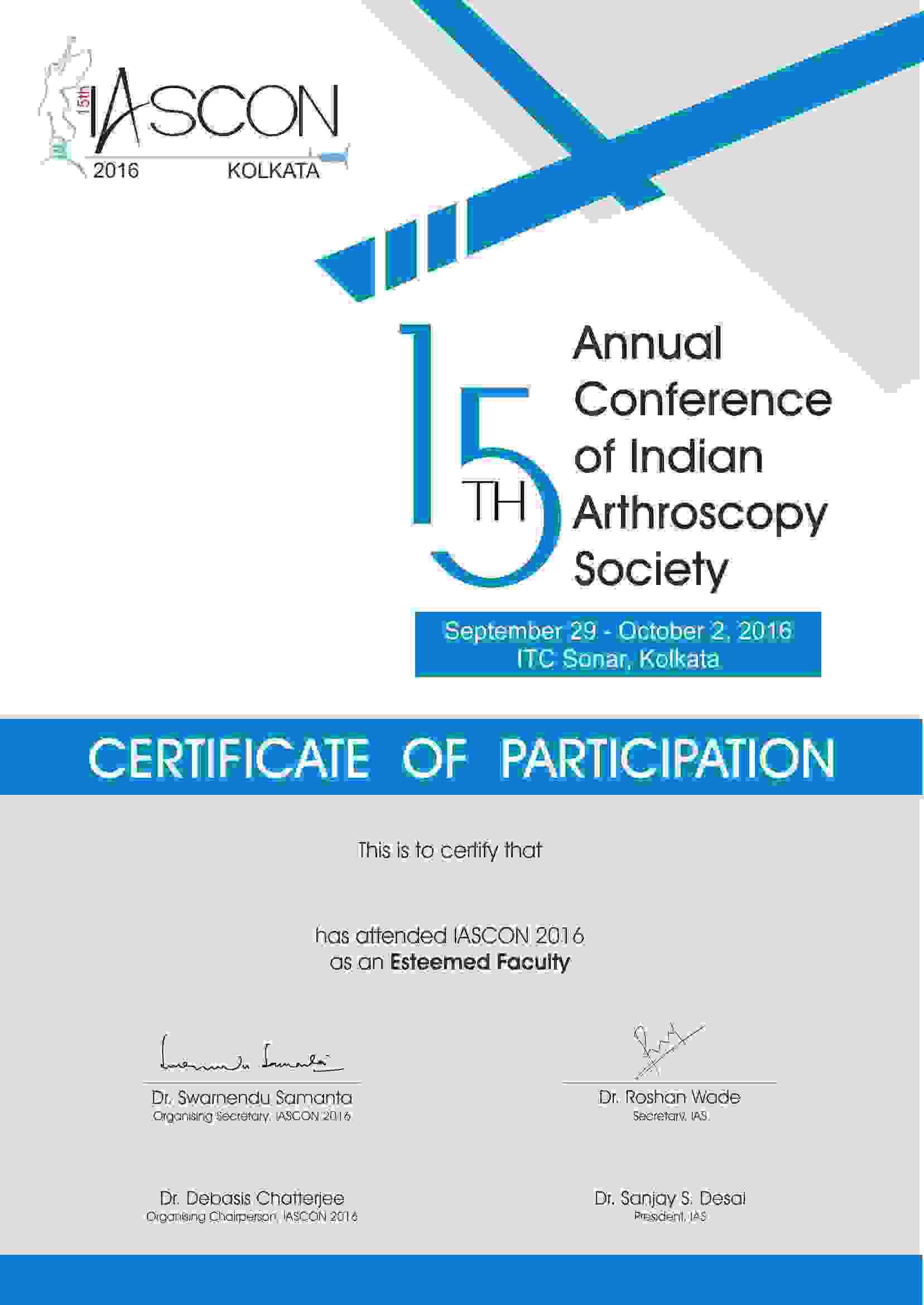What is cartilage?
Cartilage is the smooth white coating that all weight bearing joints in the human body. It is responsible for the near friction-less movement that we all experience in day to day life.
Cartilage damage could be due to several reasons like trauma, infection, inflammation & even aging. Each has its own pattern of cartilage damage. Generally trauma causes cartilage damage to a certain portion of the knee, whereas the remaining causes tend to affect the entire knee as a whole. Osteoarthritis (due to aging) tends to cause cartilage damage to the knee. Once cartilage is damaged, the joint loses its normal friction-less movements. This is perceived by many patients as stiffness. There may be accumulation of fluid inside the joint, which results in pain, swelling & further stiffness. In more advanced damage, when the deepest layer of cartilage is also worn out, bone grinds against bone & the intense network of free nerve endings in the ends of bones causes excruciating pain.
Can cartilage damage repair on its own?
Once cartilage is damaged, there is no potential for healing. This is because the cartilage cells do not have a blood supply of their own. They rely on the joint fluid for their nourishment.
What is the treatment available?
The treatment depends upon several factors like the age & functional demands of the person, location of the tear, extent of damage etc. Small tears in a young person require cartilage grafting or micro fracture. These procedures are done arthroscopically. The same tear in an older person with fewer functional demands may be treated with injection of a lubricant into the joint like Synvisc One.
A new technology in this field is the use of radio-frequency energy during arthroscopy to smoothen out the defects. The latest trend is to culture the cartilage in the laboratory & transplant the cultured cartilage back into the affected portion of the knee, arthroscopically. This state of the art treatment, called “Autologous Chondrocyte Implantation (ACI)” is now easily available in Delhi & has shown very promising initial results.
Can cartilage be regenerated with tablets?
No. Glucosamine & other tablets are widely available in the market & the manufacturers claim that lost cartilage can be regenerated by popping these pills. Scientific evidence has conclusively shown that it is not so. In fact these tablets were found to be no better than placebo (salt tablets given during drug trials). They are quite expensive & fare no better than physiotherapy & other medications given for arthritis.
Severe cartilage damage requires a joint replacement
Joint replacement is a very successful & a predictable method of restoring function to such a damaged joint. All other treatments fail to give the desired level of relief. Your surgeon is the best person to determine whether this operation is good for you. This is the text of the image box.










